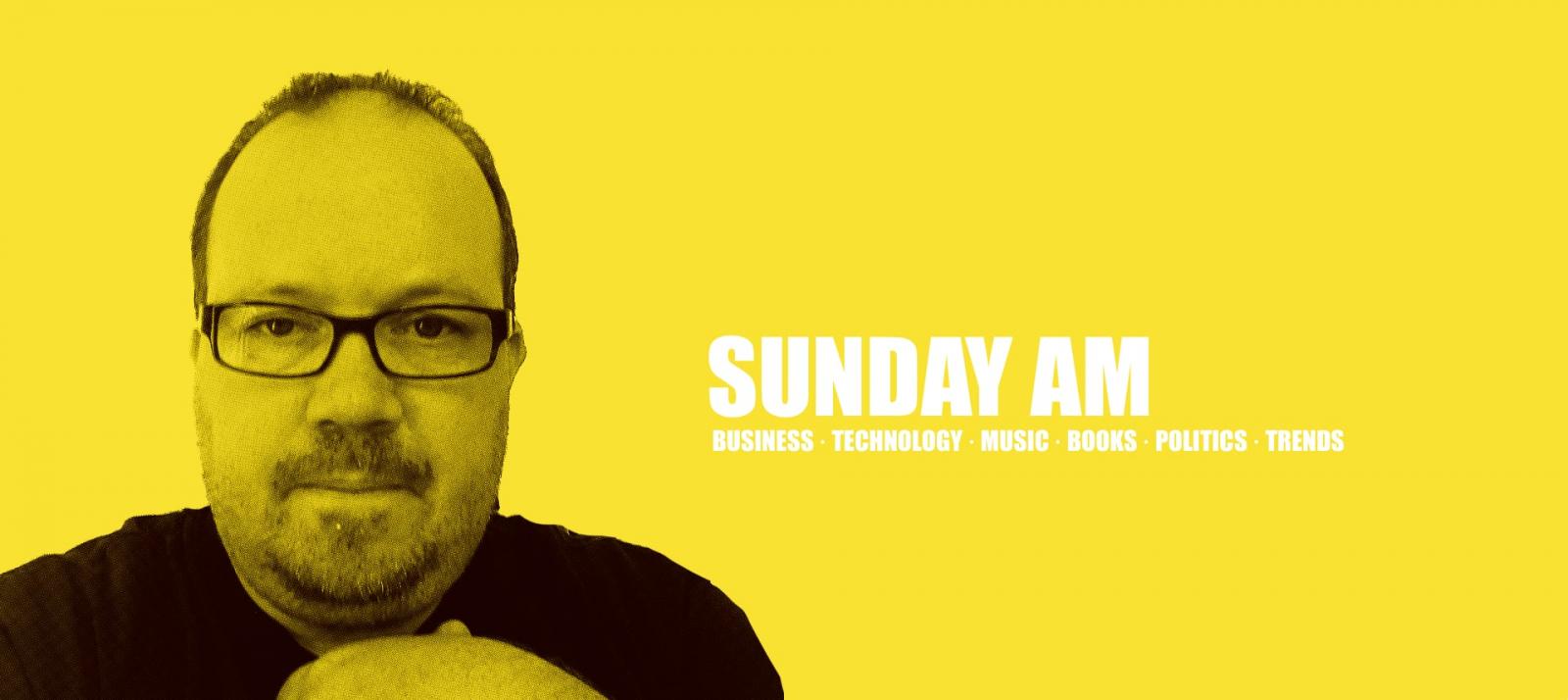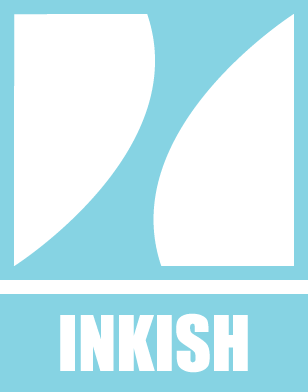Many years ago, I participated in a user conference in Copenhagen about a Norwegian-developed software called Scala. The company still exists, which is pretty impressive. However, this story is not about the software but about my train ride back home. I was sitting on the train after a day with loads of information and inspiration. Across my seat, another person from the event was sitting, and we were starting to talk. A few weeks before the event, Apple launched the first iPhone, and the guy I spoke to happened to work for Nokia. I, of course, asked him about the iPhone, and he was very confident that nobody wanted a phone without buttons. I remember I wasn't convinced, but at that time, I wasn't convinced about the iPhone either. That changed! The reason why I tell you this story is simple. The technology we appreciate today can soon be replaced with other technologies. Even companies the size of Apple must constantly develop new technology, designs, and services, to keep their customers engaged.
When I look at some of the great companies in the printing industry, I, of course, look at both true innovators and disruptors, but also too conservative companies, where I honestly find it almost impossible to believe they will exist in the next 100 years.
An example is the companies in the offset segment, which continues to develop great offset machines. Still, when you observe the speed, the quality, and the flexibility of the inkjet engines, I can't help think about how technology faster than you can even believe can remove an entire segment in the industry. Will it happen any soon? Well, I think that the offset vendors developing inkjet or closely collaborating with partners that do will be the winners - and those who don't - well... judge for yourself! Maybe some of the companies we today see as big will be the next Nokias!




Login (login)
Novo Usuário (novo_usuário)? Registre-se (registre)
Apague Senha (apague_senha)
Registre-se (registre)
Usuário Existente (existente_usuário)? Login aqui (login_aqui)
Login aqui (login_aqui)
Apague Senha (apague_senha)
Por favor entre seu endereço de email registrado Você receberá um link para resetar a sua senha via email (rest_senha_descrição)
Novo Usuário (novo_usuário)? Registre-se (registre)